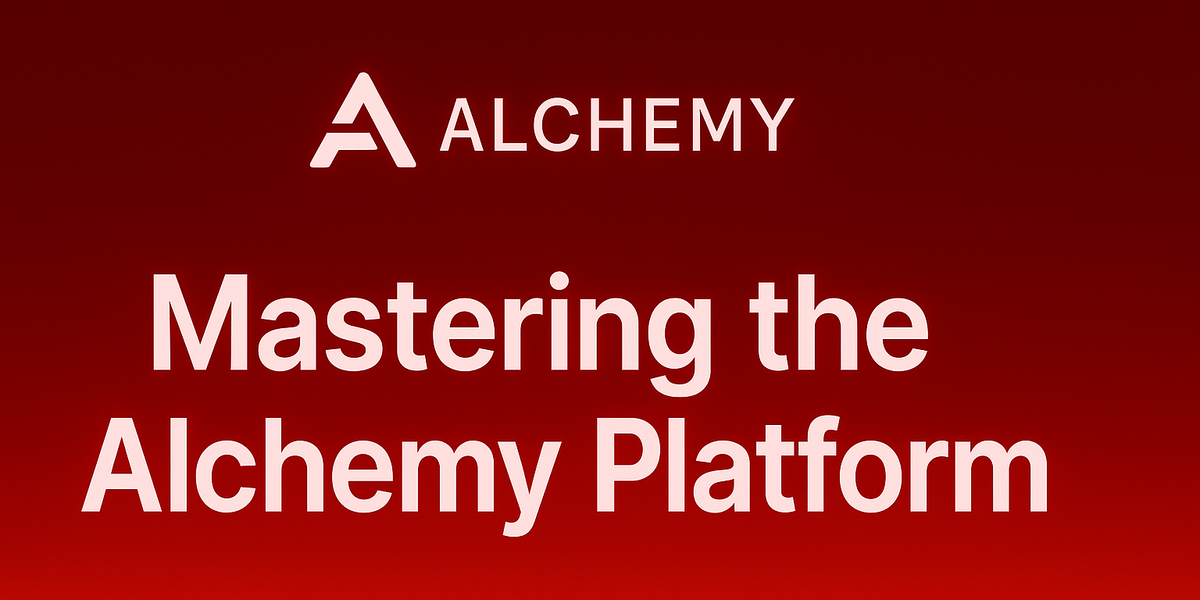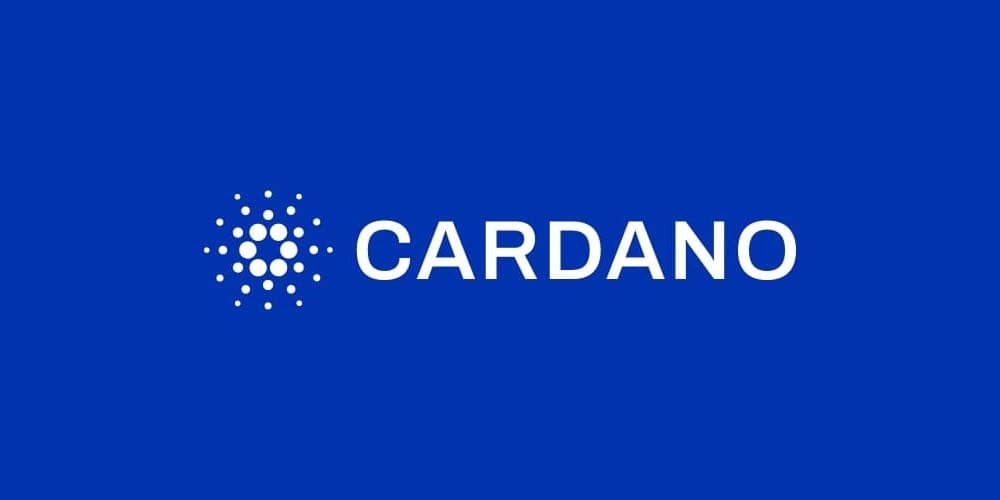The intersection of blockchain technology and scientific research has given rise to an innovative movement known as Decentralized Science (DeSci). By leveraging the transparency, immutability, and decentralization of blockchain, DeSci aims to revolutionize how research is conducted, funded, and shared globally. This guide delves into the key aspects of DeSci and its potential to reshape the scientific landscape.
What Is DeSci?
DeSci, short for Decentralized Science, is a framework that integrates blockchain technology into the scientific ecosystem. It seeks to address long-standing issues such as funding inefficiencies, limited access to research, and the monopolization of knowledge by a few centralized entities. By decentralizing the research process, DeSci empowers scientists, institutions, and communities to collaborate more equitably and transparently.
Core Principles of DeSci
- Transparency: Blockchain’s immutable ledger ensures that all transactions and updates are permanently recorded, fostering trust in the research process.
- Accessibility: Open access to data, methodologies, and findings ensures that anyone, anywhere, can contribute to or learn from scientific advancements.
- Equity: Decentralized systems reduce the influence of intermediaries, allowing researchers to retain ownership and control over their work.
- Collaboration: Peer-to-peer networks facilitate global cooperation, breaking down geographical and institutional barriers.
Key Features of DeSci
Tokenization of Research
DeSci utilizes blockchain-based tokens to represent ownership, contributions, or access rights within a research ecosystem. These tokens can:
- Reward researchers for their work.
- Facilitate crowdfunding for scientific projects.
- Provide access to exclusive data or tools.
Decentralized Peer Review
Traditional peer review processes are often opaque and slow. DeSci introduces a decentralized peer review mechanism where community members validate research openly. This increases accountability and reduces bias.
Open Data Repositories
Blockchain enables the creation of open, tamper-proof data repositories. Researchers can share their raw data, ensuring reproducibility and enabling others to build upon their findings.
Benefits of DeSci
Funding Innovation
Crowdfunding platforms powered by blockchain allow scientists to seek direct support from individuals or organizations, bypassing traditional funding bodies. Smart contracts ensure that funds are released based on predefined milestones, enhancing accountability.
Democratizing Knowledge
By promoting open access to research, DeSci dismantles paywalls and restrictive licenses, making knowledge universally accessible.
Protecting Intellectual Property
Blockchain’s timestamping feature provides an immutable record of intellectual property claims, helping researchers establish ownership of their work.
Challenges and Limitations
While DeSci presents numerous opportunities, it also faces hurdles such as:
- Technical Barriers: The need for expertise in blockchain technology can limit adoption among scientists.
- Scalability Issues: Managing large volumes of scientific data on blockchain remains a challenge.
- Regulatory Concerns: Navigating the legal and ethical implications of decentralization requires careful consideration.
Real-World Applications
Several initiatives showcase the potential of DeSci:
- Molecule: A platform that enables researchers to tokenize intellectual property and attract funding.
- VitaDAO: A decentralized autonomous organization (DAO) that funds longevity research through collective decision-making.
Analysis of Key DeSci Projects
Ethereum DeSci Hub
As outlined on Ethereum’s DeSci page, this project acts as a gateway for developers and researchers to explore decentralized solutions in science. It emphasizes open collaboration, funding innovation, and providing resources for scientists to create blockchain-based applications.
DeSci Agents
DeSci Agents is an AI-driven platform focused on streamlining scientific workflows. It leverages blockchain for data validation and AI for automating research tasks, making the research process more efficient and scalable. DeSci Agents aim to reduce administrative burdens on researchers, allowing them to focus on core scientific inquiry.
Molecule
Molecule facilitates the tokenization of intellectual property, creating opportunities for scientists to monetize their discoveries. By connecting researchers with funders through decentralized networks, Molecule democratizes access to resources and accelerates scientific progress.
VitaDAO
A standout example of a DAO in the DeSci ecosystem, VitaDAO pools resources from a community of contributors to fund cutting-edge research in longevity and health sciences. The DAO model ensures collective decision-making, enabling transparent allocation of funds.
How to Get Involved
- Learn the Basics: Familiarize yourself with blockchain technology and its applications in science.
- Join a DAO: Participate in decentralized organizations like VitaDAO to contribute to or fund research.
- Explore DeSci Platforms: Engage with platforms like Molecule or ResearchHub to discover ongoing projects.
Conclusion
DeSci is more than just a technological innovation; it’s a paradigm shift in how science is conducted and shared. By decentralizing research processes, DeSci promises a future where knowledge is accessible, collaboration is global, and innovation is unimpeded by traditional barriers. As this movement grows, it invites everyone—scientists, funders, and enthusiasts alike—to play a role in shaping the future of science.





Comments